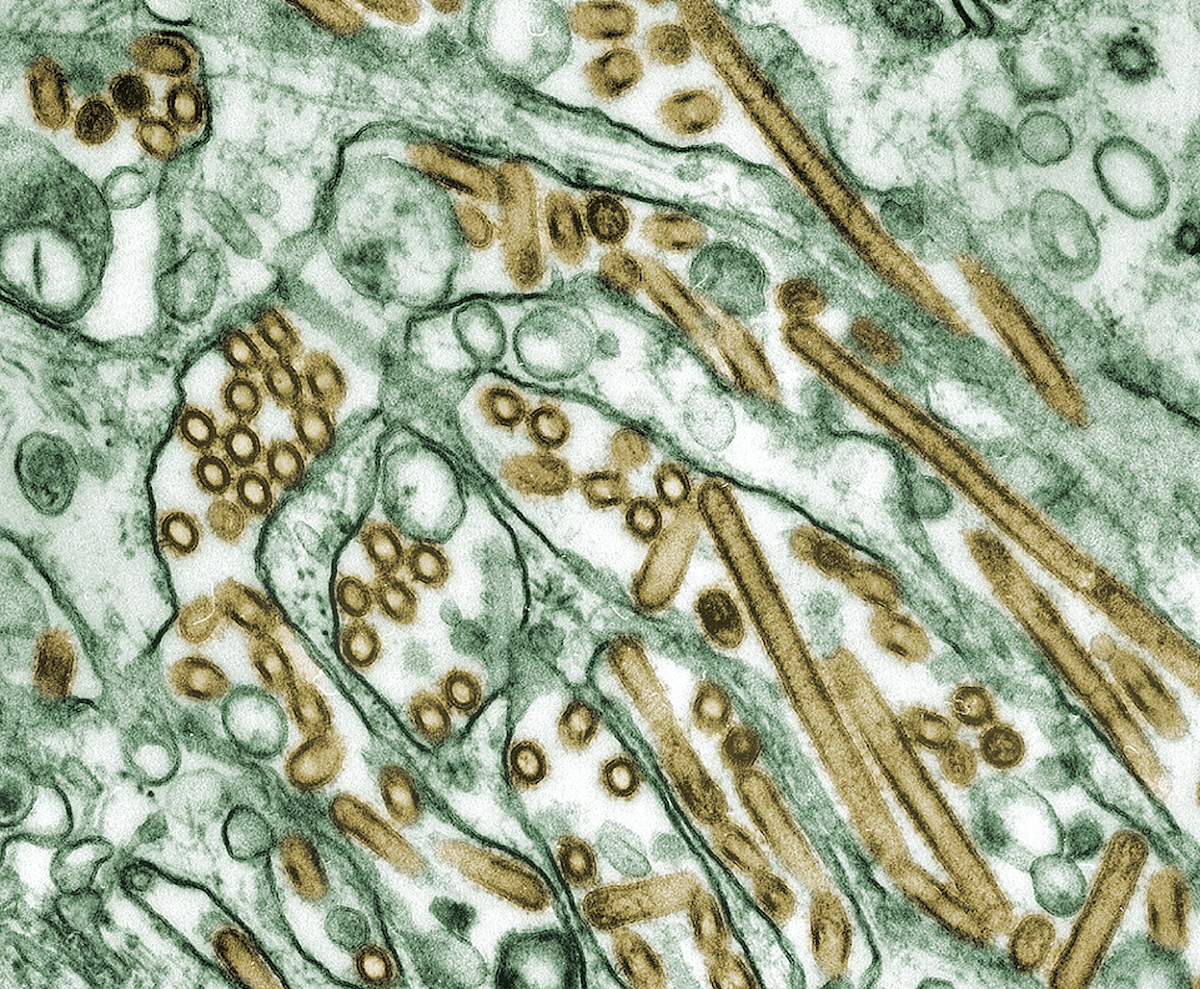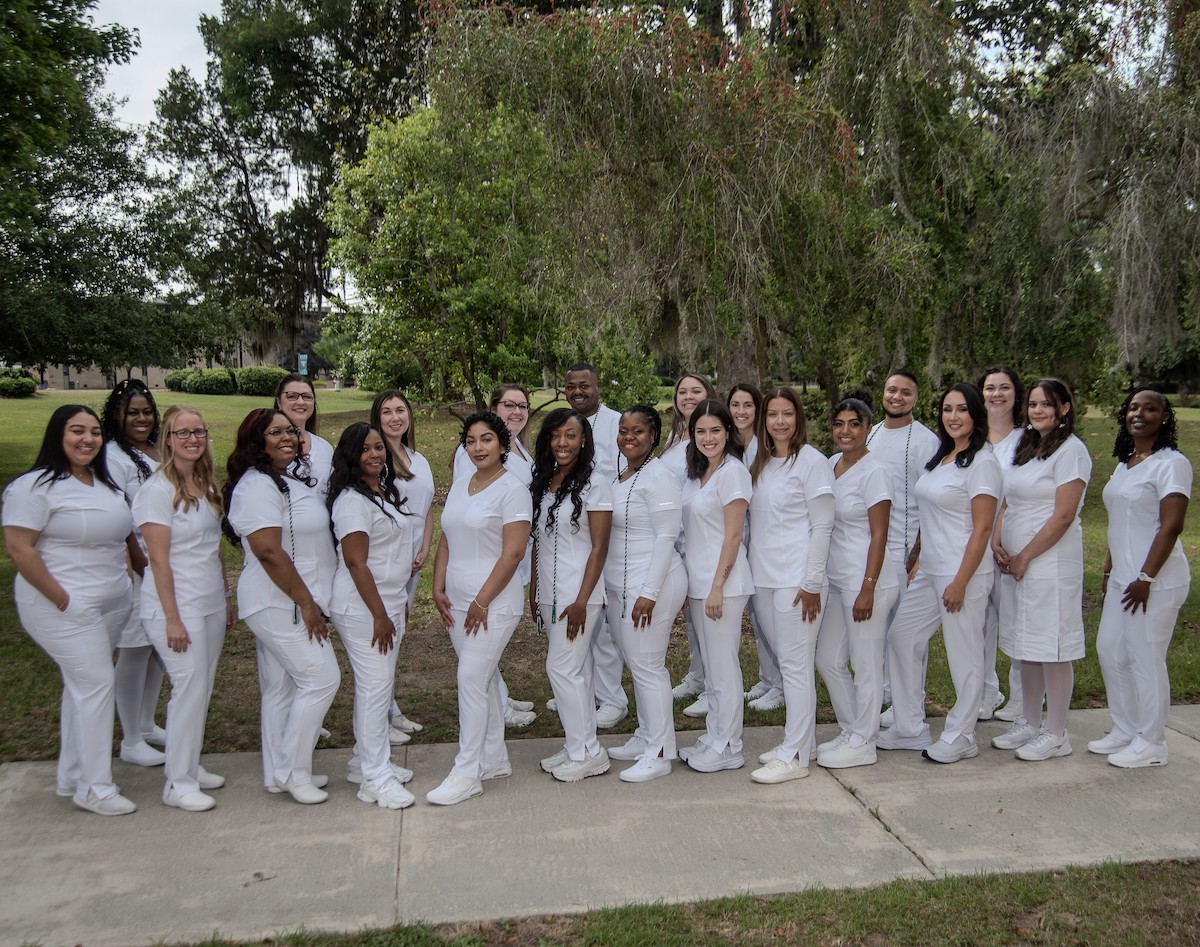By Katherine Tandy Brown
The Lowcountry’s recent encounter with the edges of what arrived in Beaufort as watery Tropical Storm Irma brought back to mind the importance of getting as ready as possible for come-what-may.
And then waiting to see whether or not to leave.
Unless, of course, you want nothing to do with wind and water, you’re not fond of those interstate parking lots, and/or you’re looking forward to a “stay-cation” with Aunt Ethel in the Upstate.
But if you’d really rather hunker down in your own comfy home, it’s the waiting, and if you remain, the long hours of the storm’s duration, that are the truly difficult parts. It’s the frustration of “not knowing.”
Enter those wise Buddhists, who have a saying for uncertain times. “The ‘don’t-know mind’ is a powerful place to be.” I’ll explain.
As a 12-year resident of this lovely land, I experienced my first evacuation last October when Matthew blew in.
At the first whisper of “this one might really hit us,” I sifted through the contents of my hurricane preparedness file, pulling out evacuation route maps, government information resources, instructions on readying my home, necessary vital documents and a roll call of emergency supplies: water, a can opener and nonperishable food such as soup, granola or pork rinds, depending on your preference; flashlights and batteries, a generator for those so inclined, medications and prescriptions, pet supplies, etc.
I’d made a list of possible evac destinations, depending upon the storm’s predicted course, and chose Charlotte, a free place for me to stay. A neighbor headed in the same direction and I hopped in the car and skedaddled.
Not until we were cruising through downtown Yemassee – too late to turn back – did I remember the family photos. At that moment I learned that what gets left behind during a storm evacuation must be kissed a teary goodbye, with a hope for the best.
Self-employed, I packed a number of clients’ editing projects, books to read and of course, my work-in-progress first novel. I’d like to say I returned home five days later having lightened my work load. But the truth is that I could not concentrate on anything but The Weather Channel.
I fixated on its multicolored maps of Matthew’s meandering path and Jim Cantore hanging onto a palm tree, his foul weather gear flapping in hurricane-force winds.
Whenever I wasn’t glued to a television screen, i.e. during time spent with beloved family members I see far too infrequently, my attention returned to the Lowcountry, friends who had chosen to stick it out, and my house, where those photos remained.
While seeming to engage in conversation, I became aware that I was completely distracted, counting the minutes until I could check with Jim again.
I’ve now heard this phenomenon called “hurricane brain” and realize it to be a commonality among those leaving lives behind to flee a natural disaster. It’s the constant wondering and waiting. The not knowing.
Enter the above don’t-know mind concept, which is, in fact, a Zen koan, i.e., a puzzling, often paradoxical statement used in Zen Buddhism as a means of gaining spiritual awakening.
One explanation of the don’t-know mind, simply put, is not knowing the answers to some of life’s big questions, accepting the fact that you do not know, and choosing not to worry about the outcome.
“I don’t know” questions beliefs, such as “a hurricane often destroys everything in its path. My house, my friends and my business are all in its path, so I’m likely to lose everything.”
The thing is, you don’t know that for sure. No one does. Your apprehension will ease if you choose to focus on a positive belief, such as “I don’t know what the outcome will be of” an impending hurricane – or that of a job-related interview, a delicate surgery, a long-awaited court case, a month in rehab, or an anxiety-producing adoption request. Adding an upbeat mental spin inserts powerful positive energy into a situation.
Another koan follows that of the don’t know mind: “Be like a reed blowing in the wind.” In other words, accept whatever is happening, and above all, stay present and be flexible.
My “get ready” list now includes those photos, securely saved on a flash drive.






